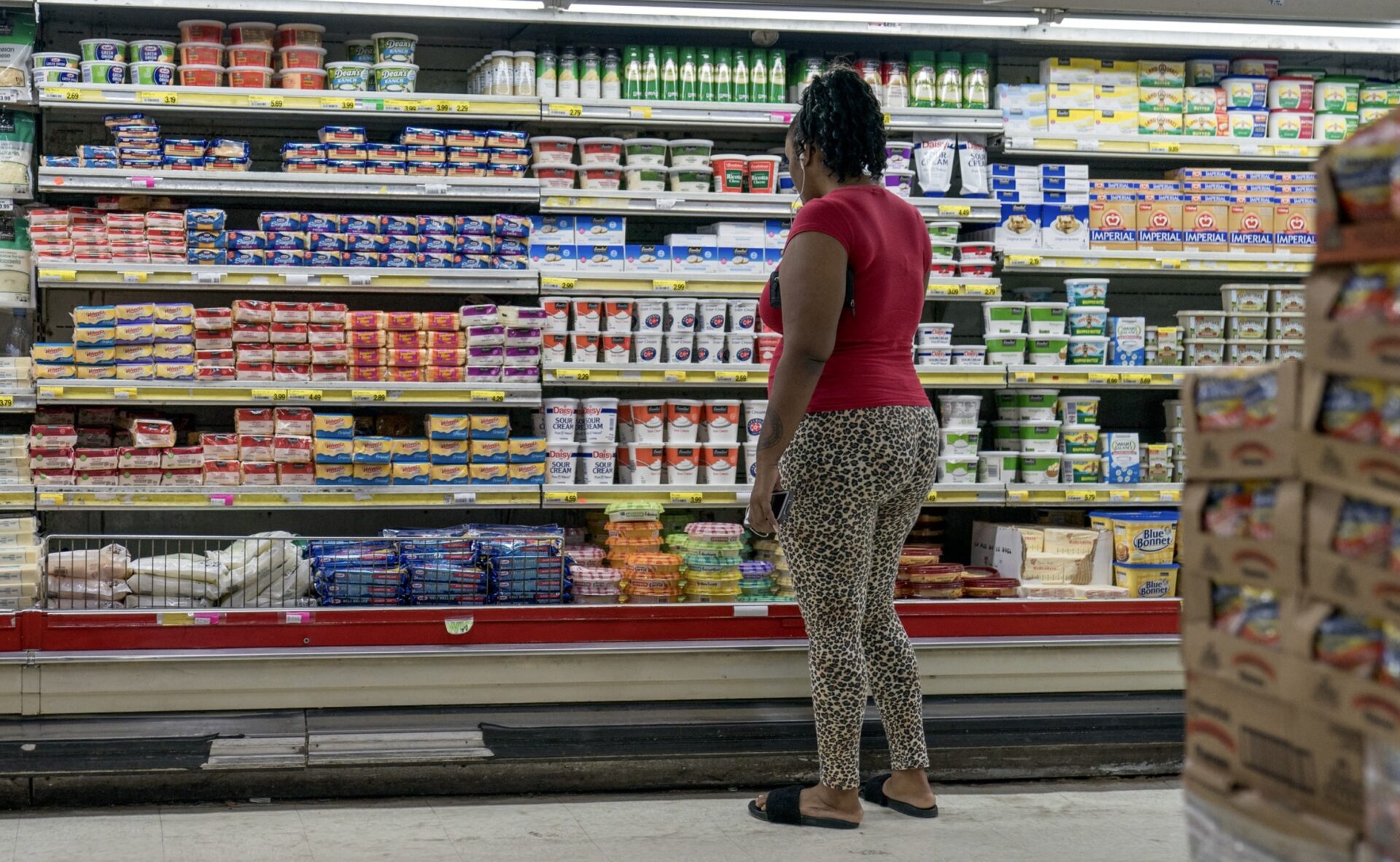
February 26, 2024
Consumer Backlash Against Soaring Prices Emerges As A Force In Taming Inflation
Consumer resistance against soaring prices is becoming a force in reining in inflation, with Americans adopting new shopping habits.
The Associated Press reports that consumer resistance against soaring prices is becoming a significant force in reining in inflation, with Americans adopting new shopping habits to counter a 19% average price increase since the pre-pandemic period. Their pushback is notably visible in grocery shopping, where they are opting for store-brand items, shopping at discount stores, and cutting back on purchases. Large food companies are responding to the resistance by slowing their price increases, helping to temper the overall inflation rate, which has dropped from a peak of 9.1% in 2022 to 3.1%.
Consumers’ frustration over high prices has become a central issue in President Joe Biden’s reelection campaign despite the overall decline in inflation. Critics argue that corporations over-inflated prices, and the White House has targeted practices like “shrinkflation,” where companies reduce product quantity instead of increasing prices.
The consumer pushback is considered a positive sign for further easing inflation—a contrast to historical cases where persistently high inflation led to an inflationary mindset among shoppers.
President Biden criticized corporations for profiting from higher prices and is focused on reducing corporate price-gouging. Companies such as Kraft Heinz face scrutiny as consumers, who are taking practical steps to manage costs, opt for more affordable private-label alternatives, favoring store brands over well-known labels.
Economists believe that consumers are less tolerant of soaring prices, and the pushback against price hikes should contribute to easing inflation. Companies that had initially capitalized on supply chain disruptions and geopolitical events to raise prices are now facing resistance, especially as consumers have exhausted the savings they’d accumulated during the pandemic.
Samuel Rines, an investment strategist at Corbu, said, “We’re beginning to see the consumer no longer willing to take the higher pricing. So companies were beginning to get a little bit more skeptical of their ability to just have the price be the driver of their revenues. They had to have those volumes come back, and the consumer wasn’t reacting in a way that they were pleased with.”
McDonald’s CEO Ian Borden said, “Consumers are more wary—and weary—of pricing, and we’re going to continue to be consumer-led in our pricing decisions.”
The Federal Reserve sees consumer reluctance to accept high prices as a key factor in the expected steady decline of inflation back to its 2% annual target. Corporate responses indicate a shift in strategy, with companies planning smaller price increases in 2024. Surveys by the Fed’s regional banks reveal that firms across various industries anticipate smaller price hikes this year, reinforcing the idea that consumer influence is a crucial factor in curbing inflation.
RELATED CONTENT: Americans More At Ease With News Of Slowing Inflation: Report